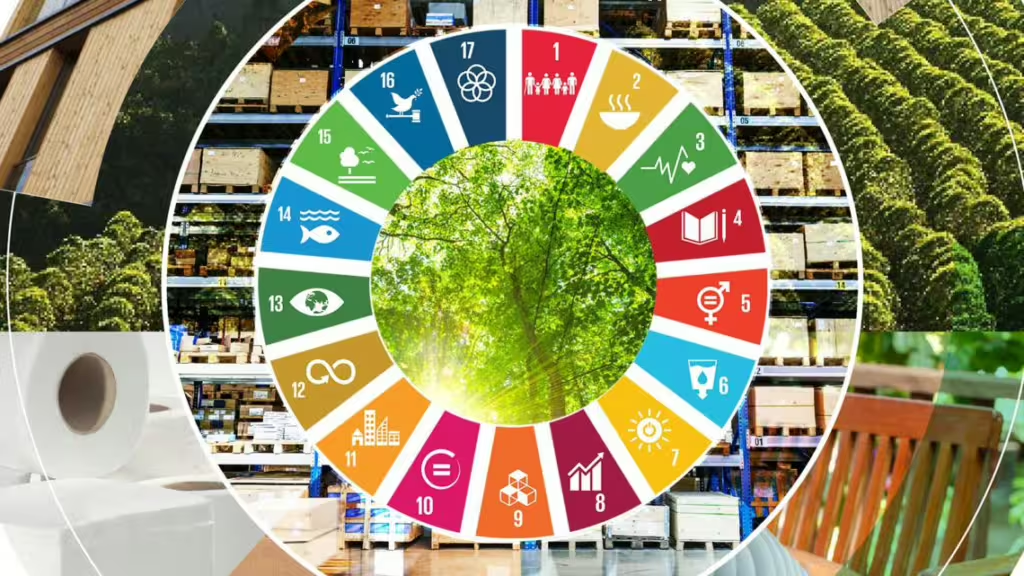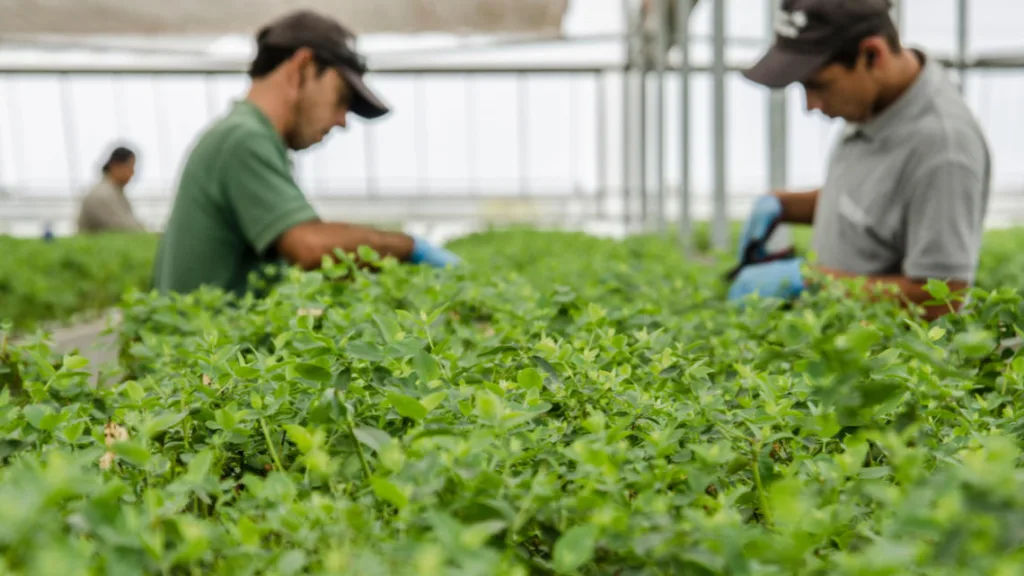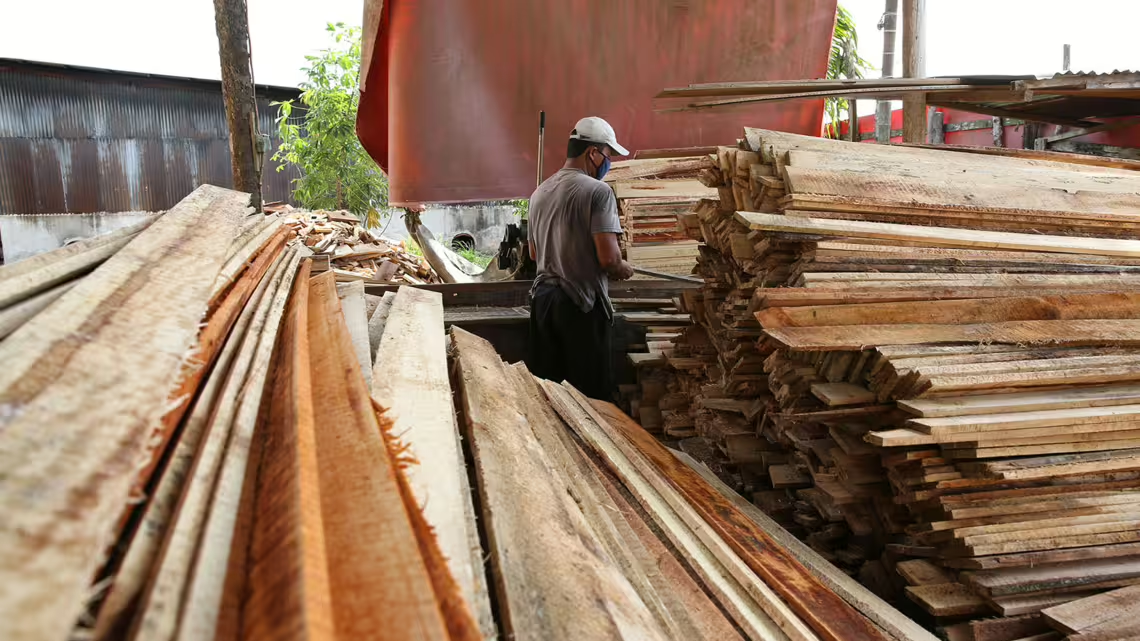Members of WBCSD’s Forest Solutions Group (FSG) launch the first sector guide to the Social Capital Protocol
The guide aims to help sustainability practitioners measure social impact along the value chain of forest products
Six leading companies – Mondi, AkzoNobel, APRIL, The Navigator Company, Smurfit Kappa and Veracel – share their experiences with social impact measurement
Geneva, 4 April 2017: The World Business Council for Sustainable Development (WBCSD) and the members of its Forest Solutions Group (FSG) today launched the first sector guide to the Social Capital Protocol.
The Social Capital Protocol aims to help companies understand their relationship with society and how to make decisions in a way that will enhance the stock of social capital for the benefit of society and business. It is also a way to clarify best practices, boost the positive impacts of business, and improve business credibility by integrating the consideration of social impacts and dependencies into performance management and decision-making.
The forest products sector has far-reaching social impacts throughout its entire value chain: from the 1.6 billion people globally who depend on forests for their livelihoods, all the way down to the consumers of forest products.
The Forest Products Sector Guide to the Social Capital Protocol aims to assist sustainability practitioners – in the forest products value chain – who are undertaking or plan to undertake a social capital assessment.
It facilitates the implementation of the Protocol by providing context on why social capital is relevant for the sector, demonstrating the business benefits of undertaking social capital assessments, and illustrating the components of the Protocol through real life case studies from six leading WBCSD member companies: Mondi, AkzoNobel, APRIL, The Navigator Company, Smurfit Kappa and Veracel.
Throughout the guide, the companies share their experiences with social impact measurement and present good practices and challenges encountered, with the aim of inspiring peers from the sector to embark on the same journey. FSG members believe the guide will also galvanize other sectors to follow suit and contribute to improving the practice of social impact measurement.
As part of FSG’s commitment to non-financial measurement and valuation, the group is now leading the development of the Forest Products Sector Guide to the Natural Capital Protocol, on behalf of the Natural Capital Coalition.
Related
Content

New report provides a data driven description of the forest sector’s many contributions to the realization of the SDGs
9 December, 2020

WBCSD’s Forest Solution Group leads development of SDG roadmap to catalyze forest sector’s impact on the SDGs
14 February, 2019

Human rights in the forest sector: leaving no one behind.
16 July, 2021
